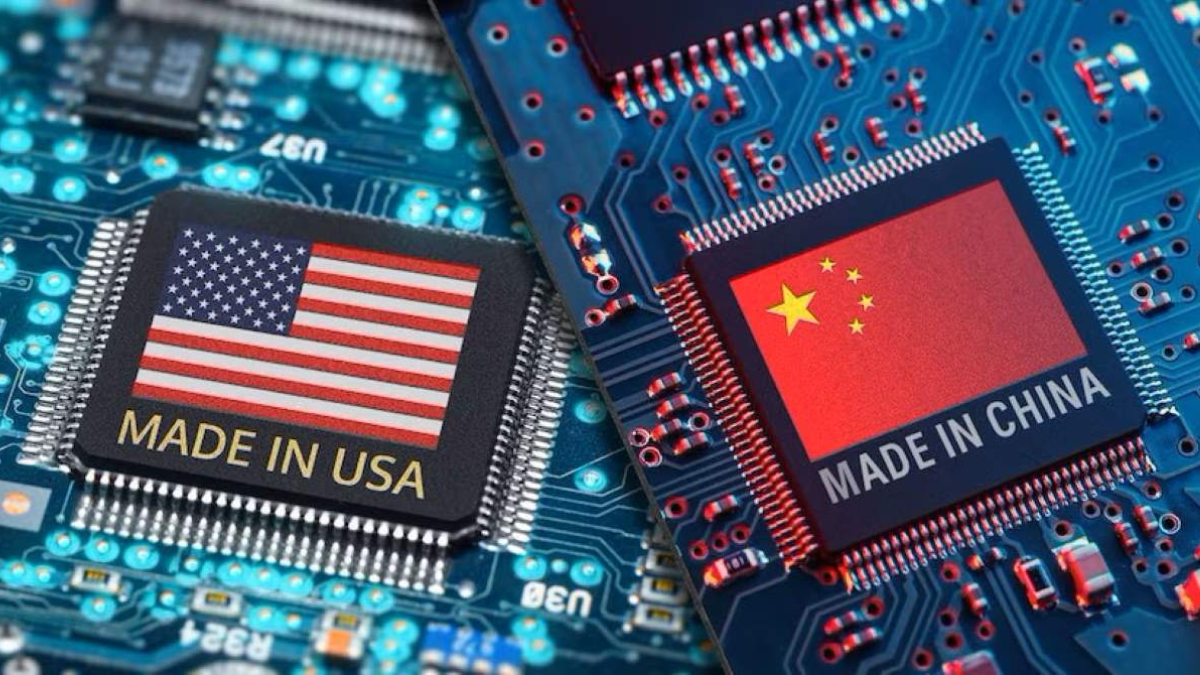
us targets china’s top chipmaking plant amid huawei mate 60 pro release tech rivalry intensifies
The U.S. government, led by President Biden, is increasing its efforts to put pressure on China’s top chipmaker, SMIC. They’re doing this by stopping its main factory from getting more stuff from the United States. This decision comes after SMIC made a fancy chip for Huawei’s Mate 60 Pro phone. Last year, the Commerce Department suspended permission for numerous U.S. suppliers to sell to SMIC’s advanced plant, known as SMIC South.
Although some companies had already ceased selling to SMIC South, the Commerce Department’s letters halted millions of dollars’ worth of shipments, including those from Entegris, a key supplier. Entegris maintains that it complied with a valid export license but halted shipments following the Commerce Department’s suspension notice.
SMIC and Huawei haven’t said anything about this, and the Chinese embassy in Washington is calling it “economic bullying.” The Biden administration’s actions show that they are not happy with SMIC. This lines up with the increasing pressure from Republicans who don’t like China and want to limit how much the U.S. helps them. technology to the company.
Read more.. China Commends Pakistan’s Smooth General Elections, Calls for Unity in Forming New Government
The Commerce Department stopping licenses is part of the government’s plan to weaken SMIC’s ability to make advanced computer chips. This happened after Huawei showed off the Mate 60 Pro, which runs on a really advanced chip. The Biden administration is now checking things more closely because of this.
Read more.. iPhone 15 Series Receives Rare Discounts in China Amidst Growing Competition
While some critics argue that the Commerce Department should have acted sooner, the U.S has been gradually restricting access to advanced technology for both SMIC and Huawei. The Biden administration implemented new rules in October 2022, prohibiting U.S. suppliers from sending semiconductor tools and materials to advanced Chinese-run chipmaking factories. However, pre existing licenses allowed some companies to continue supplying facilities like SMIC South.



